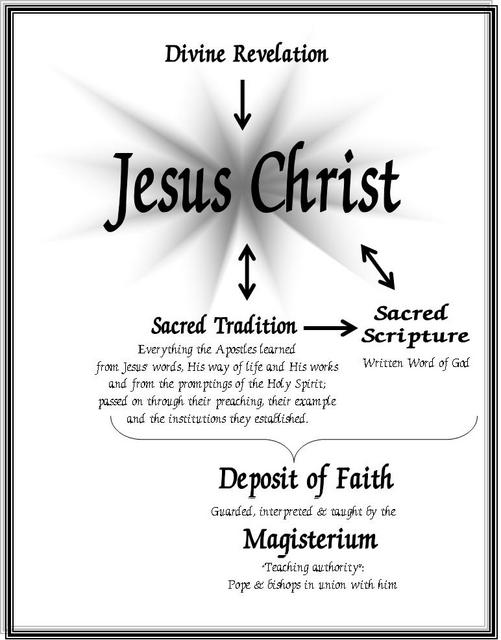- Jul 1, 2013
- 9,199
- 8,424
- Country
- United States
- Faith
- Catholic
- Marital Status
- Married
As is typical with Protestants, there seems to be no regard being made here for the distinction between "infallible" and "inspired".
A few weeks ago, Hurricane Harvey wrecked Texas. That observation is infallible. It's absolutely true. But that doesn't make it inspired by God.
The Catholic Church believes the Pope to be infallible when he speaks of matters of faith and morals. Such statements are understood to be supernaturally protected from error. But they are not inspired scriptures or anything. They are, however, infallible.
A few weeks ago, Hurricane Harvey wrecked Texas. That observation is infallible. It's absolutely true. But that doesn't make it inspired by God.
The Catholic Church believes the Pope to be infallible when he speaks of matters of faith and morals. Such statements are understood to be supernaturally protected from error. But they are not inspired scriptures or anything. They are, however, infallible.
Upvote
0


